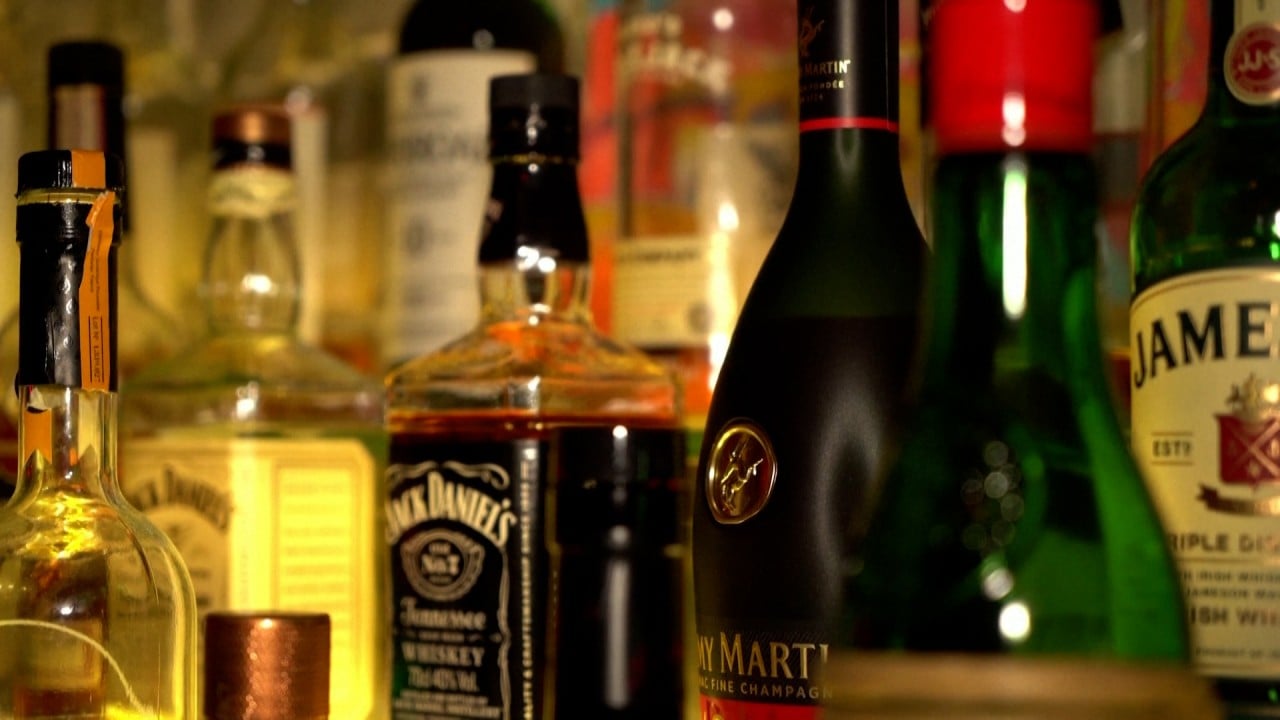The European Union has launched a World Trade Organization case against Chinese tariffs on the bloc’s exports of brandy in the latest gambit in an increasingly tense trade dispute.
Last month, China’s commerce ministry announced it would start collecting provisional anti-dumping duties ranging from 30.6 per cent to 39 per cent on liquors, mainly on cognac shipments from France.
The move was broadly seen as retaliation against the European Commission’s anti-subsidy investigation and subsequently countervailing duties of up to 35.3 per cent on Chinese-made electric vehicles.

02:38
Chinese bars wary after new tariffs announced on European brandy imports
Chinese bars wary after new tariffs announced on European brandy imports
A request for consultation was formally lodged at the Geneva body on Monday. It is the first step in a dispute settlement process, to which China has 10 days to respond. If subsequent consultations do not resolve the dispute, it will proceed to a disputes panel that could – if appealed – take years to finalise.
While the WTO’s Appellate Court has been sidelined because the United States’ has blocked new judges, both China and the EU are signatories to the alternative Multi-Party Interim Appeal Arbitration Arrangement, meaning the case can be heard to its conclusion.
In a statement, the European Commission said “China’s provisional measures on EU brandy are not based on facts, and thus are not in line with WTO rules”.
“The EU takes very seriously any unfair or questionable use of trade defence instruments against any sector of our economy,” said Valdis Dombrovskis, the bloc’s outgoing trade commissioner.
“By requesting consultations with China over its provisional anti-dumping measures on EU brandy, the commission is following through on its commitment to protect our industry from unfounded accusations and misuse of trade defence measures,” he added.

 By South China Morning Post | Created at 2024-11-25 11:09:47 | Updated at 2024-11-25 13:32:44
2 hours ago
By South China Morning Post | Created at 2024-11-25 11:09:47 | Updated at 2024-11-25 13:32:44
2 hours ago








